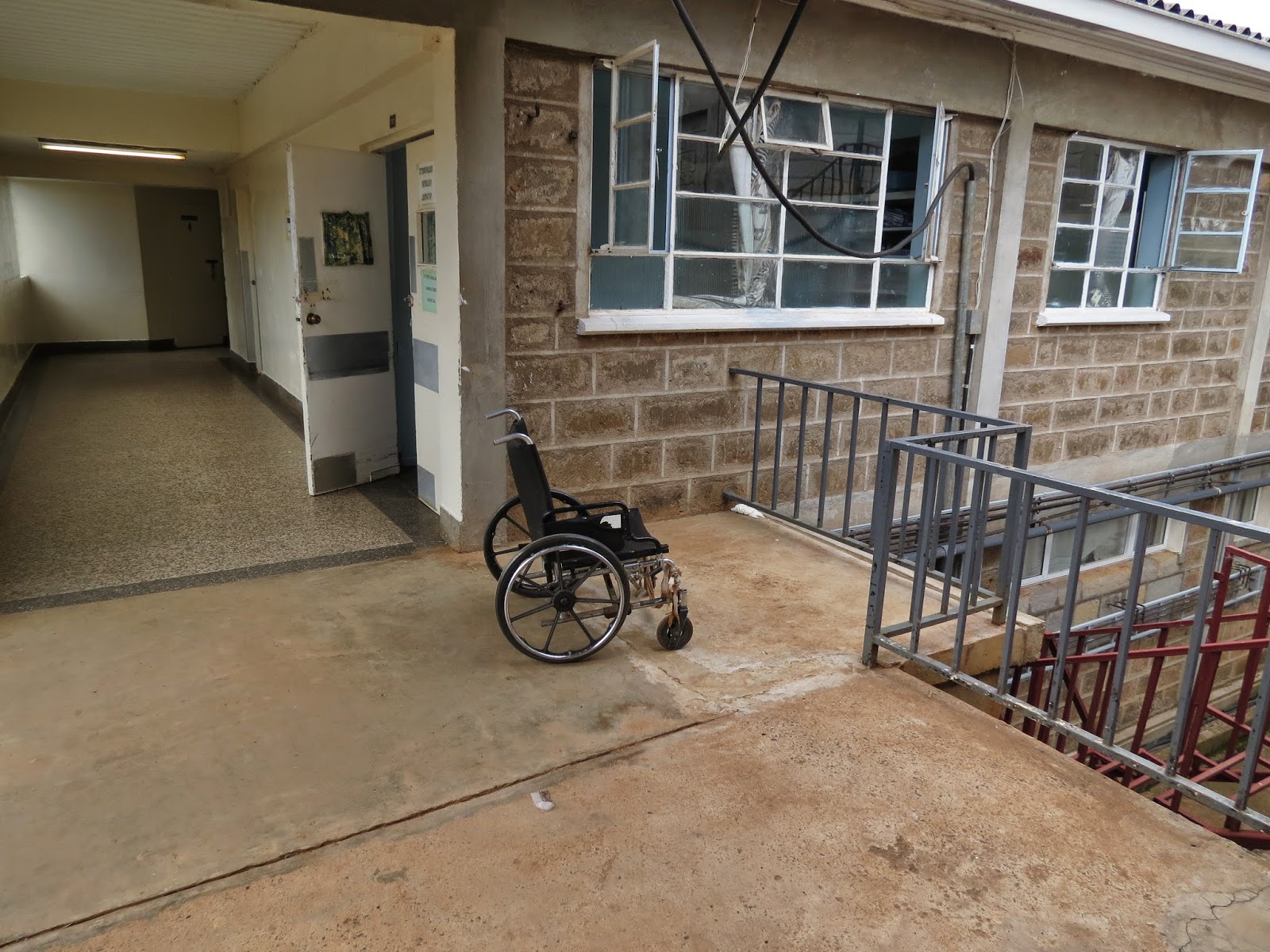Janeth and her husband Charles were expecting their fourth child this month. Their three older children were excited about welcoming a new sibling. When Janeth went into labor, they got into their car and headed to the hospital. They had delivered their other children in a hospital, and had never had any problems. Mom was young and healthy-and her labors were getting shorter and even a little easier. She would be away for just 2 days-then they would all be together again with their newest addition. Before she left her home, she hugged each of her children-8, 5, and 3. The 8 year old boy looked a little worried, and hated to see his mama go away. “I’ll be right back,” she smiled and said to him. He tried to hold onto her. But it was time to go.
The hospital ward was busy that night, but the nurse midwife who checked her in was kind and reassuring. And labor went FAST. She felt the urge to push after only an hour of hard pains. The baby delivered and cried a loud and strong cry. She cried in relief too. Dad came by to see his newest son. A good night!
But something was wrong. The afterbirth delivered but then the bleeding did not stop. She was bleeding a lot. The midwife ran to the phone. MInutes later, a young Kenyan intern came. They gave her an IV. They were pressing on her uterus. They gave her a shot, followed by some tablets. The blood kept coming. Next, a muzungu* daktari came in. Another IV. Fluids were running. She felt cold cold cold. Where was her husband? Then she felt better. The bleeding had stopped. She was still cold. They said they were getting blood for her. Her husband was beside her. She lay underneath a blanket, and felt dizzy but so grateful the bleeding was done.
Then another gush. More blood. The muzungu daktari was back, and then—she was being moved to a stretcher. Where was she now? That doctor was calling out orders in English. She could not understand her-which was strange because she too spoke English. Why was she so cold, so dizzy, and why was everything so loud and confusing? She no longer knew where she was. She remembered her son on her arm before she left her home that afternoon. She remembered his face close to hers. His kiss on her cheek as he said goodbye. Her younger children too-her new baby. Who would care for them? She knew she was dying.
In the middle of a cesarean, my intern got paged. There was a hemorrhaging patient back on Maternity.
I told him to run and take care of the patient-and I would finish the surgery. My scrub tech offered to close the skin for me at the end of the case-so I could go and evaluate the patient too. The midwives and the interns had done everything right. She needed a second IV and a foley catheter, but she was stable. She had uterine atony, a condition whereby the uterus does not contract after delivery. I did a quick ultrasound -her uterus had no retained placenta-which often contributes to this condition. She had been given pitocin and misoprostol. We massaged her uterus and it contracted down. Her bleeding stopped. Now we needed blood. My intern ran to the lab to see what he could do. Her husband came and stood with her. We got her a blanket and worked to get her blood. She had no margin left-but her bleeding had stopped and she was stable.
30 minutes later I got a call to come quickly. There was no blood in the lab for her blood type. She had suddenly started to bleed again. Her uterus was soft and would not firm up. She was becoming unconscious. No. Time. Left.
My intern got the husband’s consent for a hysterectomy. I was running with the patient to the theatre. The theatre team was ready, and the anesthetist got a central line and gave her fluids along with anesthesia. I made the incision and-there was no bleeding. She had no blood pressure. She was close to death. I prayed and I kept going. Faster-faster-faster. Hands work faster. She is dying. She is going to die on the table.
Blood-finally-from the lab. More and more fluid was being given along with the one unit of blood the lab could send. Then-she started to bleed from the surgical sites. She had a blood pressure-but had no ability to clot. She had lost all of her clotting factors from hemorrhage. She had DIC, and I had no way to reverse it. There was no fresh blood available.
We prayed. I packed her pelvis, and closed her skin. We had no ventilators available that night-and so we had to move our anesthesia machine into the recovery room to keep her alive. Her husband sat with me and prayed.
We gave her more blood. We waited.
She woke up two days and two surgeries later. She looked around. She was still in a bed, but it was quiet. She looked up-and there was Charles. He was crying.
Post op day number 3. She was sitting up in bed. She was able to breastfeed her little one. She felt well-and even was able to walk around the ward, although she was still sore and tired. The doctors said she could go home in a day or two. She held her baby and thought about her children at home. She had told them, “I’ll be right back.” And now, she would.
Janeth returned home to her family last week. She is well, without any sequelae from her near death experience. Postpartum hemorrhage is the leading cause of death for women in Africa.
* Muzungu is a common way in some areas of Africa to refer to Caucasians. It means "someone who wanders."






